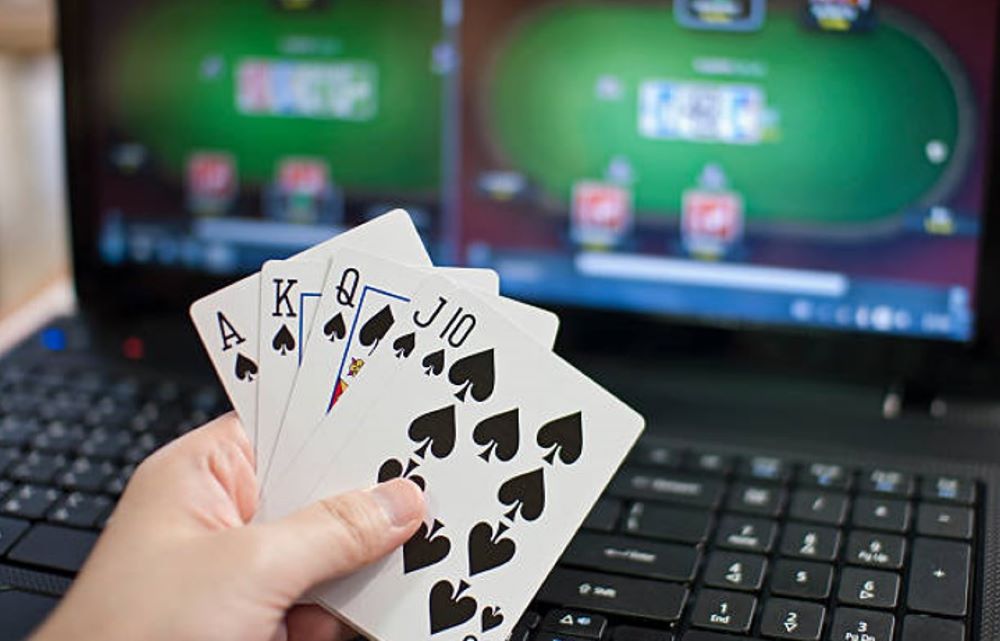

Poker Collusion: What It Is and How to Detect Team Play in Online and Live Games

Poker Collusion: What It Is and How to Detect Team Play in Online and Live Games
What Is Poker Collusion?
Poker collusion happens when two or more players conspire to manipulate the game and gain an unfair edge over others. It goes against the core principle of poker: individual decision-making and fair competition.
Collusion is illegal and can result in account bans, forfeiture of winnings, or permanent exclusion.
Common Types of Collusion
| Type | Description |
|---|---|
| Soft Play | Avoiding aggressive betting between partners to protect each other. |
| Chip Dumping | One player intentionally loses chips to another. |
| Signaling | Sending covert signals to share hand strength. |
| Multi-Accounting | A player uses several accounts in the same game. |
| Squeezing | Players team up to raise collectively and force others to fold. |
| Even unintentional soft play is unethical and against the rules. |
How to Spot Collusion
Unusual betting patterns between the same players.
Frequent favorable outcomes between suspected partners.
Coordinated movements in online lobbies.
Identical betting patterns or synchronized actions.
Use hand history review tools and HUDs to identify suspicious activity.
How Poker Rooms Deal with Collusion
Pattern-recognition software to analyze large datasets.
Manual and automated behavior tracking.
Strict anti-collusion policies and punishments.
Famous Cases: Absolute Poker (2007) and Full Tilt Poker (2015) scandals involved collusion at high levels.
How to Protect Yourself
Stay safe and play fair. Choose poker sites that actively monitor and prevent collusion.
You may also like

The Best Casinos in the World to Play Poker in 2025
The Best Casinos in the World to Play Poker in 2025For poker lovers, nothing compares to the thrill of playing at a world-class casino, surrounded by professionals, bright lights, and million-dolla...

Making a living playing poker online: tips to make it happen
Are you passionate about poker? If the answer is yes, surely you have considered turning your passion into your profession. Both the Internet and poker have become the source of income for many peo...

Global Poker Awards 2024: Celebrating Poker’s Brightest Stars
Global Poker Awards 2024: Celebrating Poker’s Brightest StarsA Night of Stars at the PokerGO StudioOn February 24, 2025, the PokerGO Studio in Las Vegas hosted the Global Poker Awards 2024, the mos...













